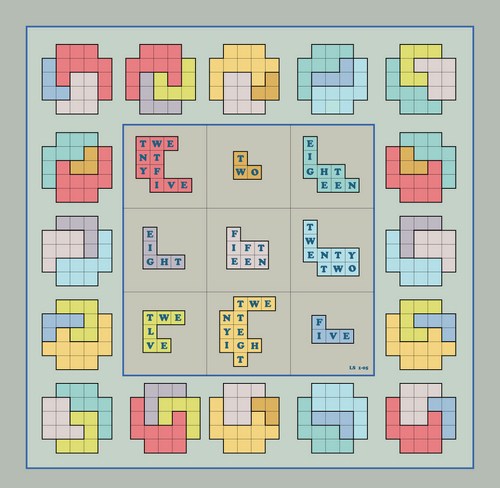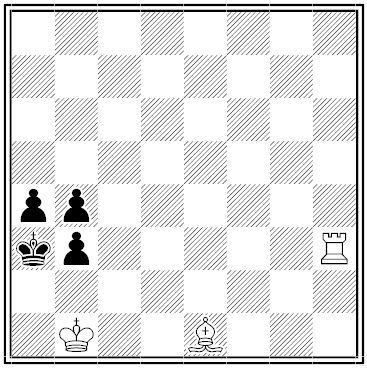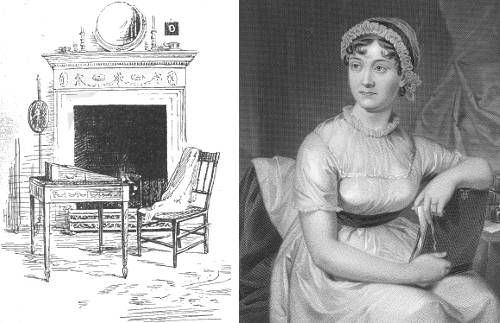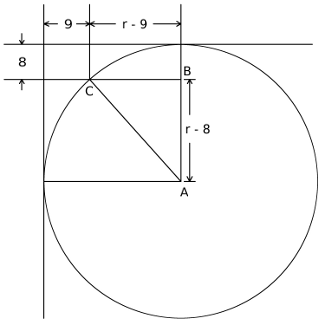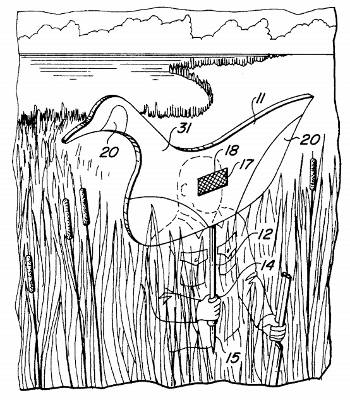A letter from Lewis Carroll to Gertrude Chataway, Oct. 28, 1876:
My Dearest Gertrude,
–You will be sorry, and surprised, and puzzled, to hear what a queer illness I have had ever since you went. I sent for the doctor, and said, ‘Give me some medicine, for I’m tired.’ He said, ‘Nonsense and stuff! You don’t want medicine: go to bed!’ I said, ‘No; it isn’t the sort of tiredness that wants bed. I’m tired in the face.’
He looked a little grave, and said, ‘Oh, it’s your nose that’s tired: a person often talks too much when he thinks he knows a great deal.’ I said, ‘No, it isn’t the nose. Perhaps it’s the hair.’
Then he looked rather grave, and said, ‘Now I understand: you’ve been playing too many hairs on the pianoforte.’ ‘No, indeed I haven’t!’ I said, ‘and it isn’t exactly the hair: it’s more about the nose and chin.’
Then he looked a good deal graver, and said, ‘Have you been walking much on your chin lately?’ I said, ‘No.’ ‘Well!’ he said, ‘it puzzles me very much. Do you think it’s in the lips?’ ‘Of course!’ I said. ‘That’s exactly what it is!’
Then he looked very grave indeed, and said, ‘I think you must have been giving too many kisses.’ ‘Well,’ I said, ‘I did give one kiss to a baby child, a little friend of mine.’ ‘Think again,’ he said; ‘are you sure it was only one?’ I thought again, and said, ‘Perhaps it was eleven times.’ Then the doctor said, ‘You must not give her any more till your lips are quite rested again.’ ‘But what am I to do?’ I said, ‘because you see, I owe her a hundred and eighty-two more.’
Then he looked so grave that tears ran down his cheeks, and he said, ‘You may send them to her in a box.’ Then I remembered a little box that I once bought at Dover, and thought I would some day give it to some little girl or other. So I have packed them all in it very carefully. Tell me if they come safe or if any are lost on the way.



